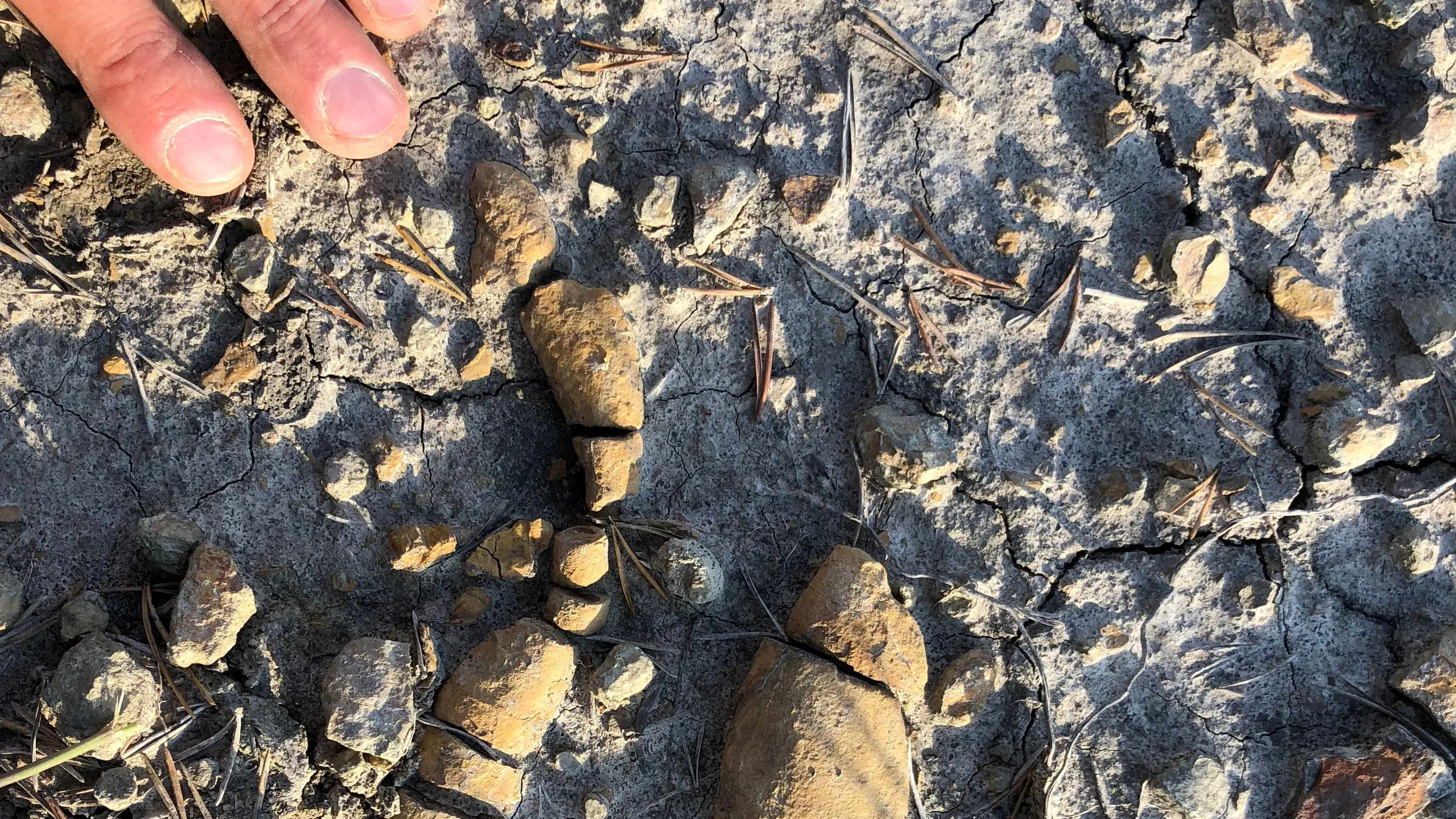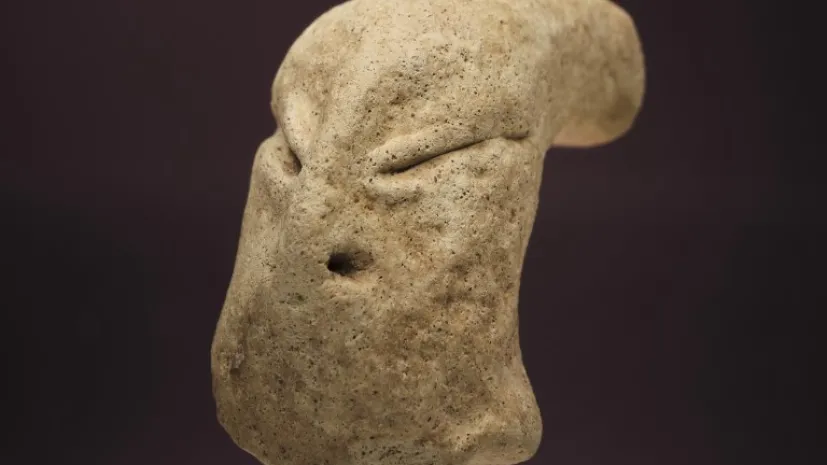
Ancient figurine and pottery found in Kuwait's Bahra 1 site shed light on early Arabian culture
A team of Polish archaeologists, working in collaboration with Kuwaiti researchers, has uncovered a treasure trove of ancient artifacts at the Bahra 1 site in northern Kuwait, providing a rare glimpse into life on the Arabian Peninsula over 7,000 years ago.
-

Algorithm as a poet? Recipients' reaction to poetry written by AI and humans examined
A new study from Adam Mickiewicz University in Poznań has found that poems generated by AI algorithms are generally rated lower than those written by humans.
-
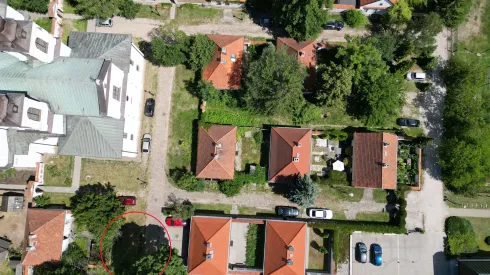
Remains of lost hermitage found in monastery in Warsaw
Thanks to ground-penetrating radar, the remains of the enigmatic hermitage were located in the Camaldolese monastery complex in Warsaw's Bielany district. Excavations are planned for next year, says Professor Fabian Welc from the Cardinal Stefan Wyszyński University.
-
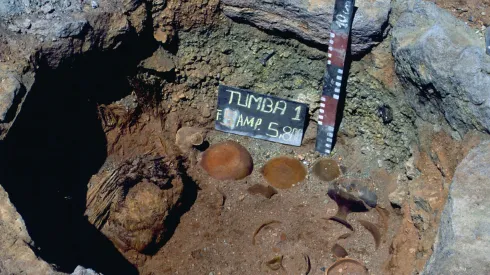
Incas used ceramics to maintain religious and political dominance
To maintain control over a huge area, the Incas used not only military force, but also religious elements. Rituals such as the capacocha are the manifestations of Inca dominance, and ceramic vessels accompanying the rituals are symbols of imperialism, says Dr. Sylwia Siemianowska from the Institute of Archaeology and Ethnology at the Polish Academy of Sciences.
-
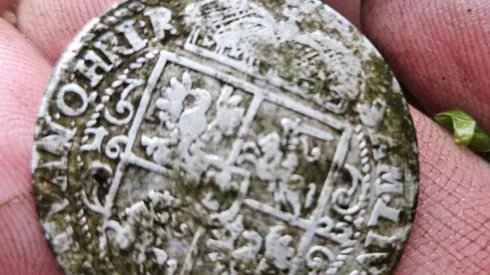
Neolithic pottery and collection of European coins discovered in Wda Landscape Park
Pottery from the Neolithic Globular Amphora culture and coins from various European countries, which probably belonged to a German soldier who died in World War II - were discovered by archaeologists working in the Osie commune in the Wda Landscape Park.
-
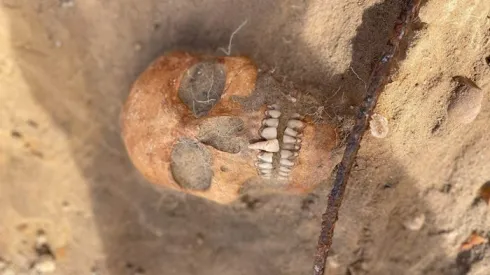
Polish 'vampire' woman had cancer
A realistic image of a young woman buried with a sickle around her neck and a padlock on the big toe of her left foot - a reconstruction of the find of researchers from the Institute of Archaeology of the Nicolaus Copernicus University in Toruń as part of the Pień Project - was developed by an interdisciplinary team of anthropologists, medics and forensic anthropologists. The scientists proved that the 'Pień vampire' suffered from cancer.
-
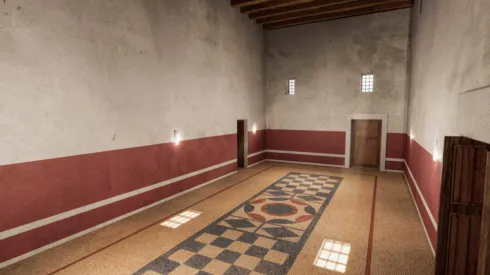
Gold votive plaque discovered in Roman fort of Apsaros in Georgia
Archaeologists working in the Roman fort of Apsaros, Georgia, discovered a unique gold votive plaque, an offering for Jupiter Dolichenus. This confirms the cult of this deity, popular among Roman soldiers.
-

Medieval costumes from Nubia recreated by Polish researchers presented in Louvre
The costumes of kings, royal mothers and a bishop from medieval Nubia have been reconstructed by Polish scientists and designers based on paintings that once decorated the walls of the cathedral in Faras. This unique collection of oriental fashion were presented at the Louvre in Paris on October 17.
-
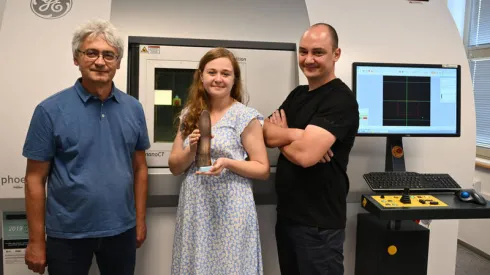
New image of famous artefacts thanks to computed tomography
Scientists from the Wrocław University of Technology and the University of Wrocław used technical computed tomography to re-examine a harpoon made of roe antlers and a bear bone from thousands of years ago. Thanks to new techniques, we can learn more even about very old discoveries, says Dr. Tomasz Płonka from the University of Wrocław.
-
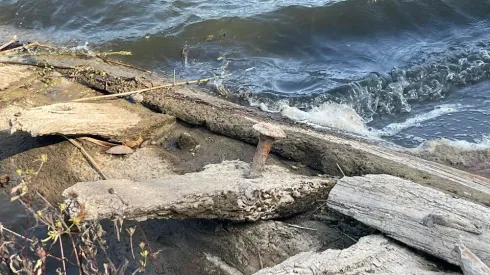
Remains of boat from before Deluge discovered near Polish capital
Remains of a boat estimated to be at least from the period of the Deluge have been found near Łomianki Dolne near Warsaw.

